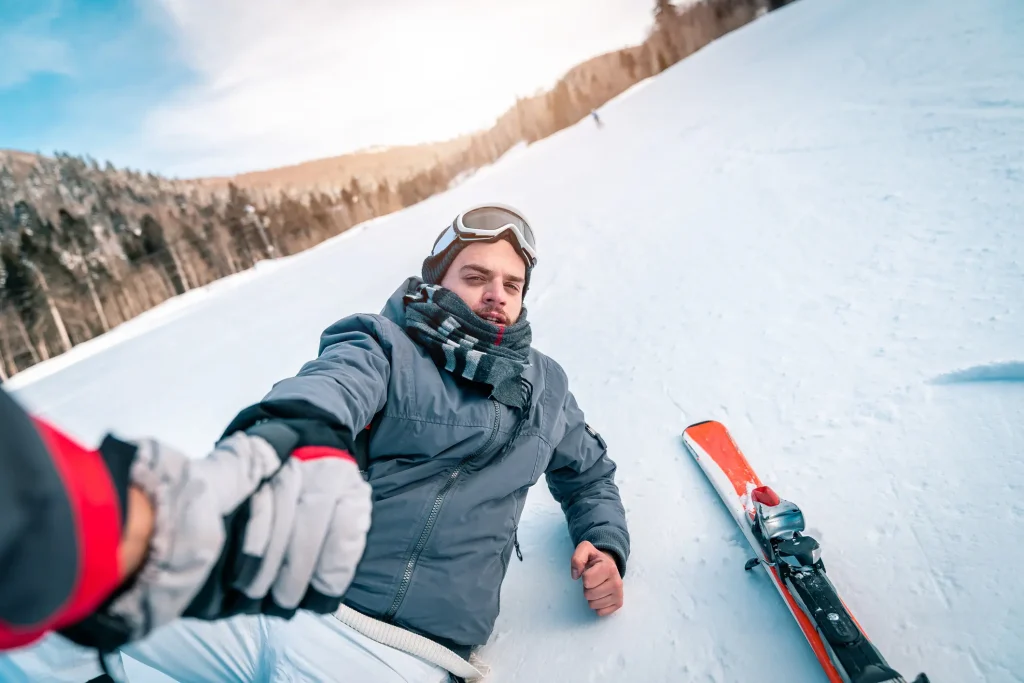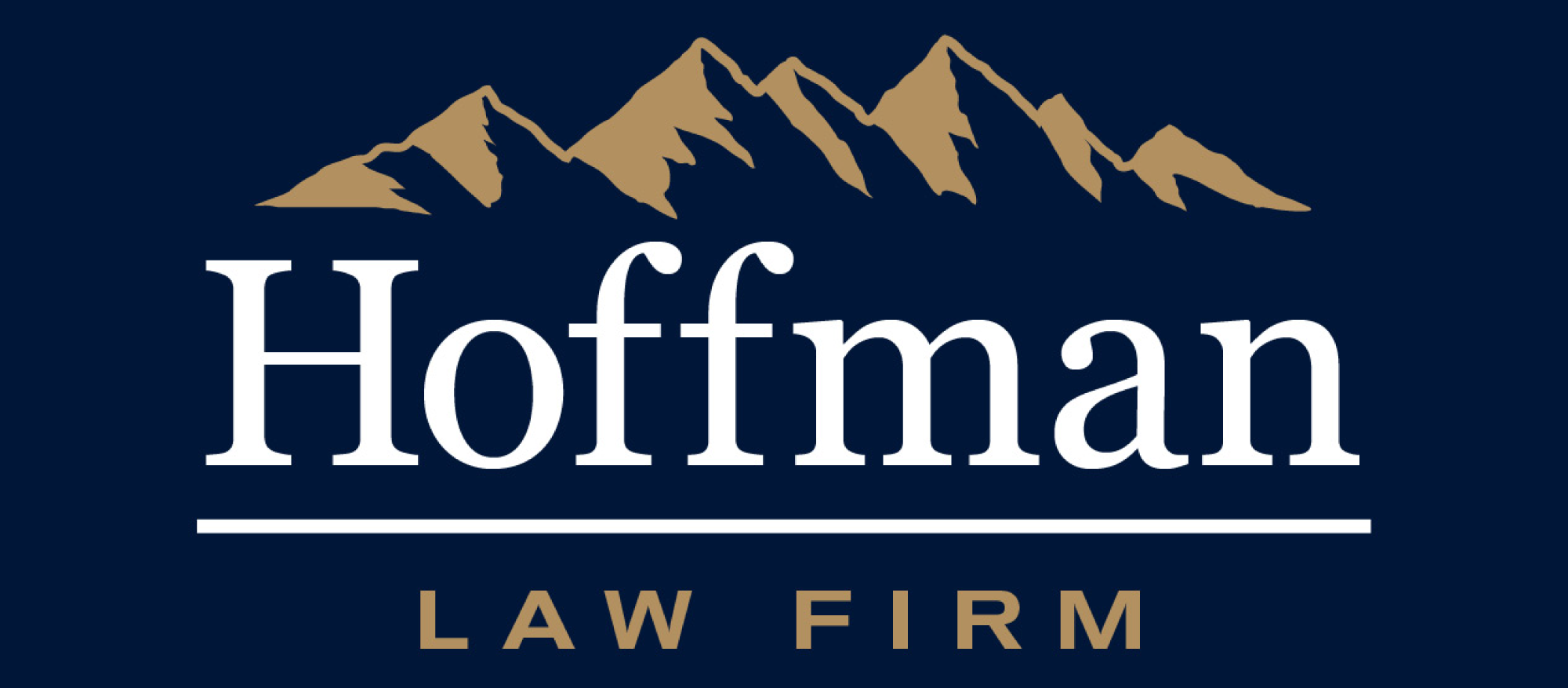Colorado Supreme Court Reinforces Ski Resort Liability Under State Laws

In a pivotal decision with important repercussions to the Colorado ski industry, the Colorado Supreme Court has delivered a ruling that significantly impacts the use of liability waivers by Colorado ski resorts. This judgment stems from a sad incident involving “Annie” Jane Miller, a minor who was tragically left quadriplegic following a chairlift accident at Crested Butte Mountain Resort, owned by Vail Resorts.
The Incident and Subsequent Legal Battle
In March 2022, 16-year old Annie Miller and her father, Michael Miller, encountered a nightmare scenario on the Paradise Express chairlift at Crested Butte. As they attempted to get seated, Annie ended up dangling from the lift. Despite frantic pleas from her father and bystanders to stop the lift, it continued upwards, and Annie tragically fell approximately 30 feet, sustaining severe injuries that led to quadriplegia.
Following this event, Michael Miller initiated a legal battle against Crested Butte, challenging the resort’s reliance on liability waivers that he had agreed to when purchasing ski passes. These waivers are commonly employed by ski resorts to protect themselves from legal claims by patrons.
Central Legal Questions and Supreme Court’s Findings
The critical legal issue before the Colorado Supreme Court was whether Crested Butte could exempt itself from liability for negligence per se through its release agreements. Negligence per se arises when an injury is a direct result of a violation of laws designed to protect public safety, in this case, Colorado’s Ski Safety Act.
In its landmark ruling, the Colorado Supreme Court stated that liability waivers do not exempt ski resorts from being held accountable for injuries resulting from statutory or regulatory violations. By a 5-2 majority, the Colorado Justices ruled that private release agreements could not shield Crested Butte from negligence per se claims, thereby partially overturning a lower court’s dismissal of such claims.
Broader Implications for Ski Safety and Resort Liability
This ruling is a significant victory for advocates of ski safety and consumer protection. It clarifies that while liability waivers can shield resorts from certain claims, they cannot provide absolute immunity against claims involving neglected statutory obligations. The court’s decision is seen as a development in ensuring that ski resorts adhere more strictly to safety regulations, potentially leading to safer experiences for ski patrons.
This decision serves as a pivotal reminder to all ski resorts that adherence to statutory and regulatory safety standards is not optional but essential. It compels resorts to elevate their safety protocols and ensure that such tragic incidents are prevented. The Hoffman Law Firm PC views this as a significant victory for both the safety and rights of all ski patrons.
Industry Reaction and Future Outlook
The decision has been met with a mixed reception. While safety proponents applaud the strengthened protections for skiers, some in the ski industry are concerned about the implications for future litigation and operational practices. The ski industry at large is bracing for potential shifts in how safety regulations and liability waivers are managed by ski operators across the country.
Conclusion
The Colorado Supreme Court’s ruling reaffirms the critical role of statutory and regulatory frameworks in protecting skiers, asserting that ski resorts must comply with these regulations, regardless of any waivers signed by patrons. As the case proceeds in the lower courts, the decision is set to influence future legal interpretations regarding liability and safety in recreational sports, setting a precedent that underscores the importance of statutory compliance for ski area operators.
If you or a loved one has been injured in a ski accident, it’s crucial to understand your rights and the legal protections available to you. At Hoffman Law Firm PC, we specialize in representing victims of negligence. Don’t navigate this challenging time alone. Contact us today for a free consultation to explore your options and ensure that your rights are fully protected. Let our expertise work for you in securing the compensation you deserve.
